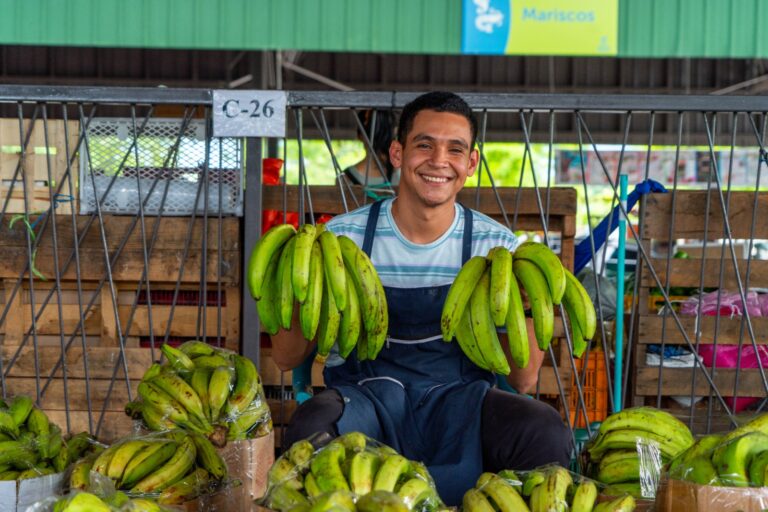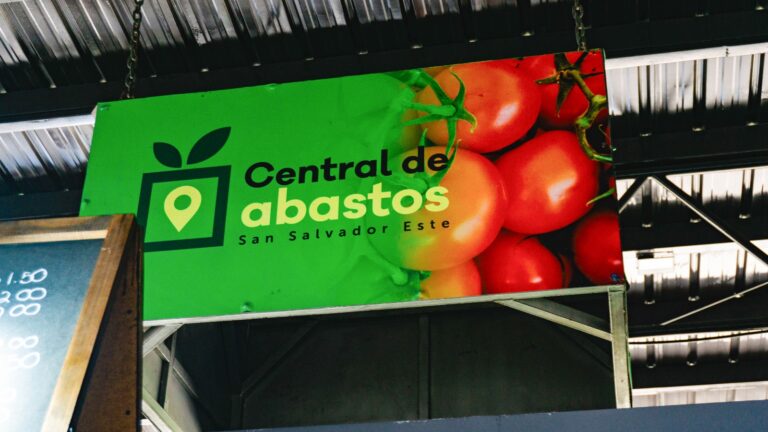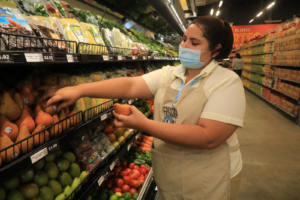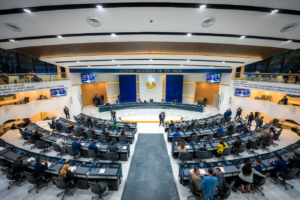In an economy where more than 60% of national employment still comes from the informal sector, stories like Aldo Cantor’s show the real impact that organized business models can have. From the heart of Bajo Lempa, in Tecoluca, this banana and lemon producer has managed to consolidate his position as a key supplier to the Central de Abastos in Soyapango, one of the largest wholesale distribution centers in the salvadoran capital.

Installed in stalls 26 to 30 of Module C, Aldo tells how his entry into the Central changed the course of his business: “Since we got here, the movement has grown quite a lot. Thanks to this space, his production not only feeds Salvadoran homes, but also supplies restaurants, Agro Mercados and resellers in different parts of the country. The growth has also translated into local employment, both in the production and distribution areas.
The Central de Abastos model is based on direct trade between producers and end buyers, eliminating intermediaries and reducing costs. “We have the advantage that there are no more intermediaries. This makes the purchase more direct and the price for the end consumer much lower”, says Cantor. This dynamic has been fundamental in improving the profit margins of hundreds of small farmers and maintaining accessible prices in a context where the cost of food continues to be a national concern.

In El Salvador, most heads of household shop in markets and informal outlets. Therefore, spaces such as the Central de Abastos offer a formal, safe, and organized alternative, facilitating access to fresh products with traceability and quality control.
Berta Alicia Rodríguez Cervellón, assistant manager of the Central, highlights the social and economic mission of the facility: “Our job is to serve both the producer and the consumer. Everything that is marketed here seeks to go directly from the field to the table of salvadorans”. Currently, it is estimated that close to 8,000 people pass through the Central every day, including producers, wholesalers, buyers, and distributors.
The logistics operation starts at 2:00 a.m. and remains active until 10:00 p.m., ensuring that products such as Aldo’s arrive on time at each point of sale. “We send to the agromercados with the trucks that visit us and take the product throughout the national territory”, says Rodríguez Cervellón.


Aldo Cantor’s story is an example of the multiplier effect that a well-managed infrastructure can have on the rural economy. The Central de Abastos not only feeds El Salvador; it also nurtures local development, promotes the formalization of agricultural trade and demonstrates that progress is possible when spaces are opened for productive growth.







